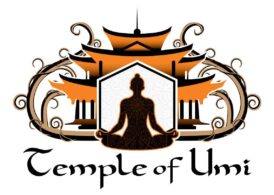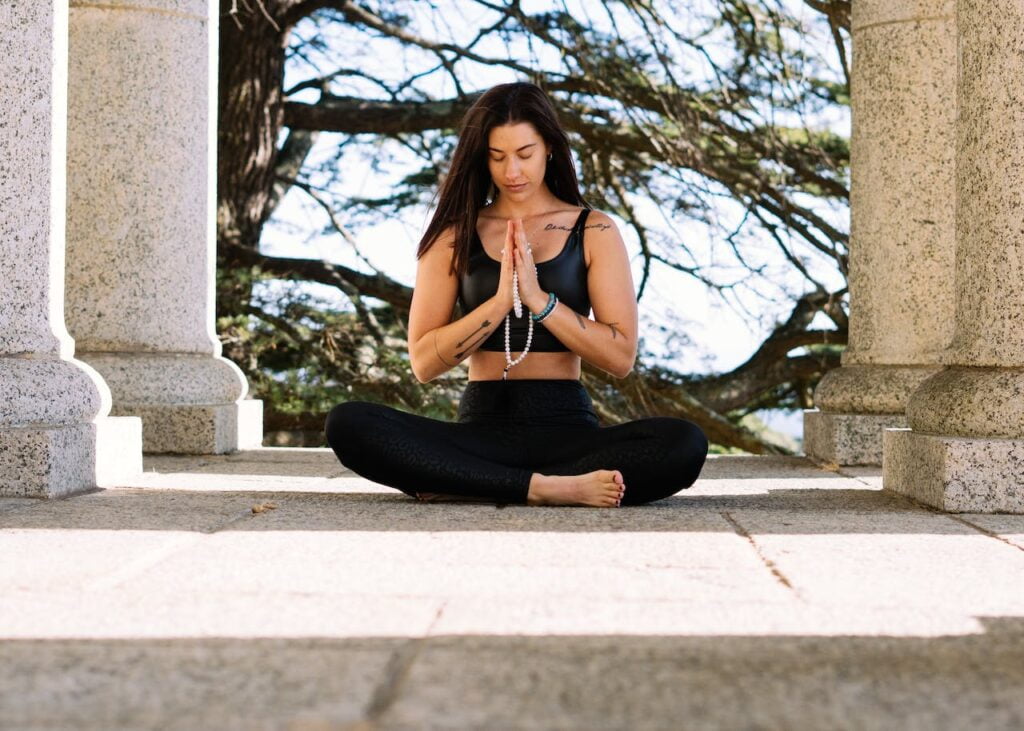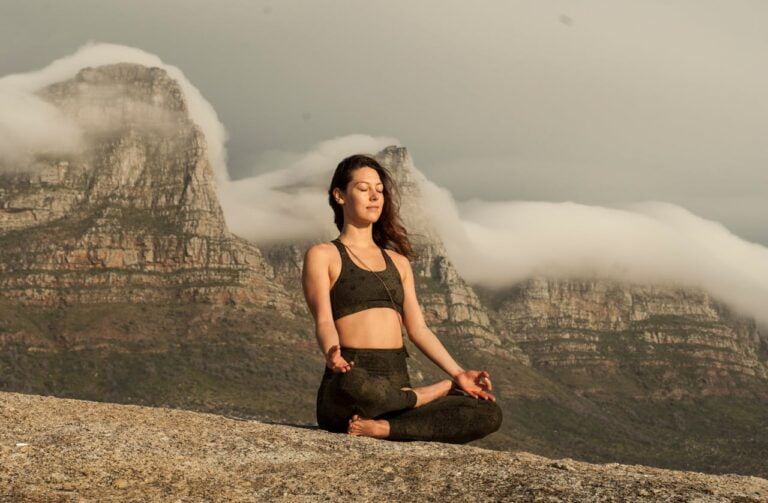Elevate your evenings with personalized meditation routines. Learn how to track progress, adapt your practice, and experience growth. Start your journey to relaxation and well-being today.
Introduction
Evening meditation is paramount in today’s fast-paced world, offering a tranquil respite from the day’s hustle and bustle. Delving into the realm of mindfulness during the evening hours not only rejuvenates the mind but also nurtures the soul. Establishing a dedicated evening meditation routine unlocks a treasure trove of benefits, enriching one’s overall well-being and enhancing the quality of life.
Importance of Evening Meditation
Evening meditation serves as a crucial anchor amidst the chaos of modern life, providing a sacred space for introspection and inner peace. As the day draws to a close, taking a few moments to center oneself through Meditation fosters a sense of calm and serenity, preparing the mind for restful sleep and rejuvenation. It counterbalances the stress and demands of the day, promoting mental clarity and emotional equilibrium.
Benefits of Establishing a Routine
Consistency is vital when reaping the rewards of Meditation, especially in the evening. By incorporating Meditation into your nightly routine, you cultivate a habit that yields numerous benefits over time. These include improved sleep quality, reduced anxiety and stress levels, enhanced focus and concentration, and overall well-being. Moreover, a regular evening meditation establishes a harmonious rhythm to your day, promoting balance and alignment between mind, body, and spirit. Learn more.
Understanding Evening Meditation
Embarking on a journey of evening meditation requires a foundational understanding of its essence and diverse methodologies. By delving into the depths of this contemplative practice, one gains insight into its purpose and discovers an array of approaches and techniques tailored to individual preferences and needs.
Definition and Purpose
Evening meditation encompasses cultivating mindfulness and presence during the twilight hours, harnessing the power of stillness to quiet the mind and soothe the spirit. Its purpose extends beyond relaxation as a gateway to self-discovery, inner peace, and spiritual growth. By immersing oneself in the present moment through Meditation, one can cultivate a more profound sense of awareness and connection with the world around them, fostering a profound sense of fulfillment and contentment.
Different Approaches and Techniques
The landscape of evening meditation is rich and varied, offering many approaches and techniques to suit every individual’s unique preferences and inclinations. The possibilities are endless, from traditional practices rooted in ancient wisdom to modern innovations harnessing the power of technology. Whether you gravitate towards mindfulness meditation, guided visualization, breathwork, or mantra chanting, there exists a technique that resonates with your innate essence and facilitates profound relaxation and rejuvenation. Learn more.
Planning Your Evening Meditation Routine
Setting Realistic Goals:
- Establishing achievable objectives for your evening meditation routine ensures consistency and progress.
- Consider factors such as duration, frequency, and specific outcomes you aim to achieve through Meditation.
- Prioritize goals that align with your overall well-being, such as reducing stress, improving sleep quality, or enhancing emotional resilience.
- Break down larger goals into smaller, manageable steps to maintain motivation and track progress effectively.
Identifying Personal Preferences and Needs:
- Recognize that each individual may have unique preferences and requirements for their meditation practice.
- Reflect on your past experiences with Meditation to identify what methods or techniques resonate most with you.
- Consider your lifestyle, schedule, and physical or mental health considerations when designing your routine.
- Experiment with different meditation styles, timings, and environments to determine what suits you best.
- Stay open-minded and adaptable, allowing room for adjustments as your preferences and needs evolve.
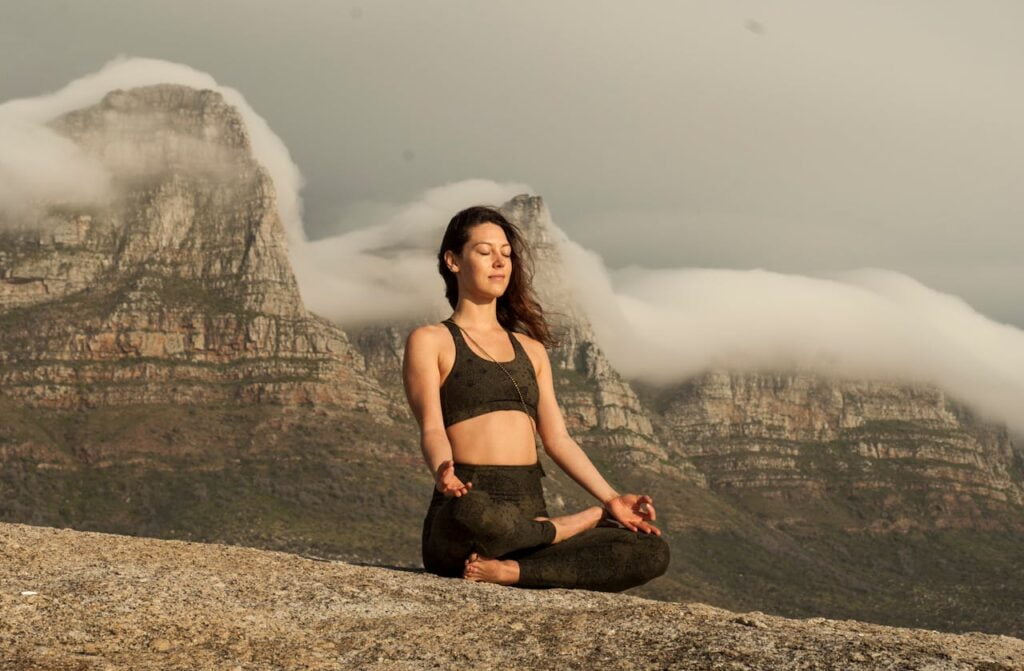
Creating a Suitable Environment
Choosing the Right Space:
- Selecting an appropriate location for Meditation sets the foundation for a conducive practice.
- Aim for a quiet and peaceful environment where you can minimize distractions and interruptions.
- Consider natural light, ventilation, and temperature to create a comfortable atmosphere.
- Designate a specific area within your home or workplace dedicated to Meditation to cultivate a sense of sacredness and focus.
- Personalize your meditation space with elements that resonate with you, such as plants, cushions, or meaningful decorations.
Enhancing Ambiance with Lighting and Décor:
- Utilize lighting and décor to enhance the ambiance of your meditation space and facilitate relaxation.
- Opt for soft, dim lighting or natural sources like candles or Himalayan salt lamps to create a soothing atmosphere.
- Incorporate calming colors and textures in your décor to promote a sense of tranquility and harmony.
- Experiment with sensory elements such as essential oils, incense, or soundscapes to deepen your meditation experience.
- Regularly assess and adjust the ambiance of your meditation space based on your evolving preferences and needs.
Selecting Appropriate Meditation Practices
Mindfulness Meditation Mindfulness meditation involves focusing on the present moment without judgment. You observe your thoughts, feelings, and sensations as they arise, allowing them to pass without getting caught up in them. This practice can help cultivate awareness, reduce stress, and enhance well-being. During evening meditation routines, mindfulness meditation can be particularly beneficial in quieting the mind and preparing for a restful night’s sleep.
Guided Meditation Guided Meditation is a form of Meditation where you follow the guidance of a teacher or a recording. This practice often involves visualizations, affirmations, or prompts to help you relax and stay focused. Guided Meditation can benefit beginners or individuals who find it challenging to meditate independently. In the context of evening meditation routines, guided meditation sessions can provide structure and support, guiding you toward deep relaxation and inner peace.
Body Scan Meditation Body scan meditation involves:
- Systematically scanning your body from head to toe.
- Bringing awareness to each part.
- Noticing any sensations without judgment.
This practice helps you develop a deeper connection with your body and promotes relaxation by releasing tension and stress in various areas. Incorporating body scan meditation into your evening routine can help you unwind physically and mentally, preparing you for a refreshing night’s sleep.
Incorporating Relaxation Techniques
Deep Breathing Exercises Involve deliberate and slow inhalation and exhalation, typically focusing on expanding the diaphragm and filling the lungs with air. This practice activates the body’s relaxation response, reducing heart rate and promoting calmness and relaxation. Deep breathing exercises are versatile and can be incorporated into any evening meditation routine to help alleviate stress, improve focus, and promote better sleep quality.
Progressive Muscle Relaxation Progressive muscle relaxation is a technique that involves tensing and then systematically relaxing different muscle groups in the body. By deliberately tensing and releasing muscle tension, you can become more aware of areas of tightness and learn to release accumulated stress and tension. Incorporating progressive muscle relaxation into your evening meditation routine can help promote physical relaxation, alleviate muscular tension, and prepare your body for a restful night’s sleep.
Tracking Progress and Adjusting the Routine
Keeping a Meditation Journal:
Keeping a meditation journal can be invaluable for monitoring your progress and staying on track with your evening meditation routine. In your journal, you can record details such as the duration of your sessions, the techniques you used, and any insights or experiences you had during Meditation. By regularly documenting your practice, you’ll gain valuable insights into your meditation habits and patterns, allowing you to identify areas for improvement and track your growth over time. Additionally, journaling can serve as a reflective practice, helping deepen your understanding of yourself and your meditation practice.
Seeking Feedback and Making Adaptations:
Seeking feedback from others can provide valuable perspective and insights into your evening meditation routine. Whether from a meditation teacher, a trusted friend, or an online community, soliciting feedback can help you identify blind spots and areas for improvement in your practice. Be open to constructive criticism and suggestions for adjustments to your routine. Additionally, be proactive in adapting to your routine based on your observations and experiences. As you continue to evolve and refine your evening meditation routine, remain flexible and willing to experiment with new approaches and techniques to enhance your practice.
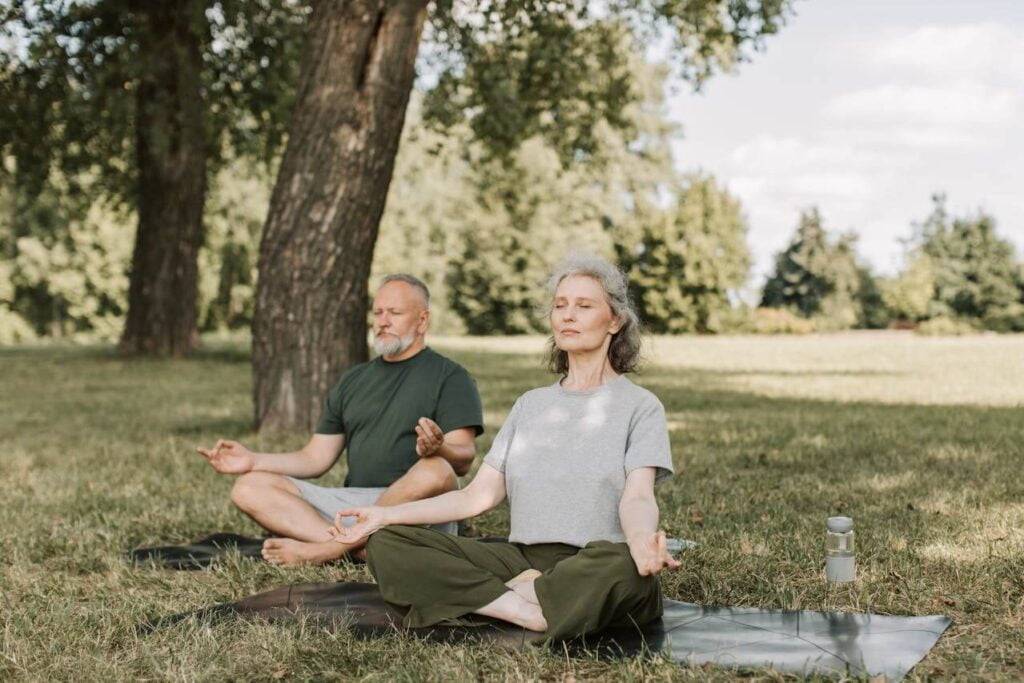
Final words
Recap of Key Points:
In conclusion, establishing a consistent evening meditation routine can profoundly benefit your overall well-being and mental health. Throughout this guide, we’ve explored the importance of prioritizing self-care through Meditation and provided practical tips for creating a personalized routine that works for you. From setting realistic goals to incorporating relaxation techniques and tracking your progress, each step is crucial in cultivating a sustainable meditation practice.
Encouragement for Continued Practice and Growth:
As you embark on your journey of evening meditation routines, remember that consistency and patience are key. It’s normal to encounter challenges but don’t be discouraged. Celebrate your progress, no matter how small, and stay committed to your practice. With dedication and perseverance, you’ll experience the immediate benefits of Meditation and cultivate a more profound sense of peace, clarity, and resilience in your daily life. Keep nurturing your practice, and may your evening meditation routines enrich your life profoundly.
